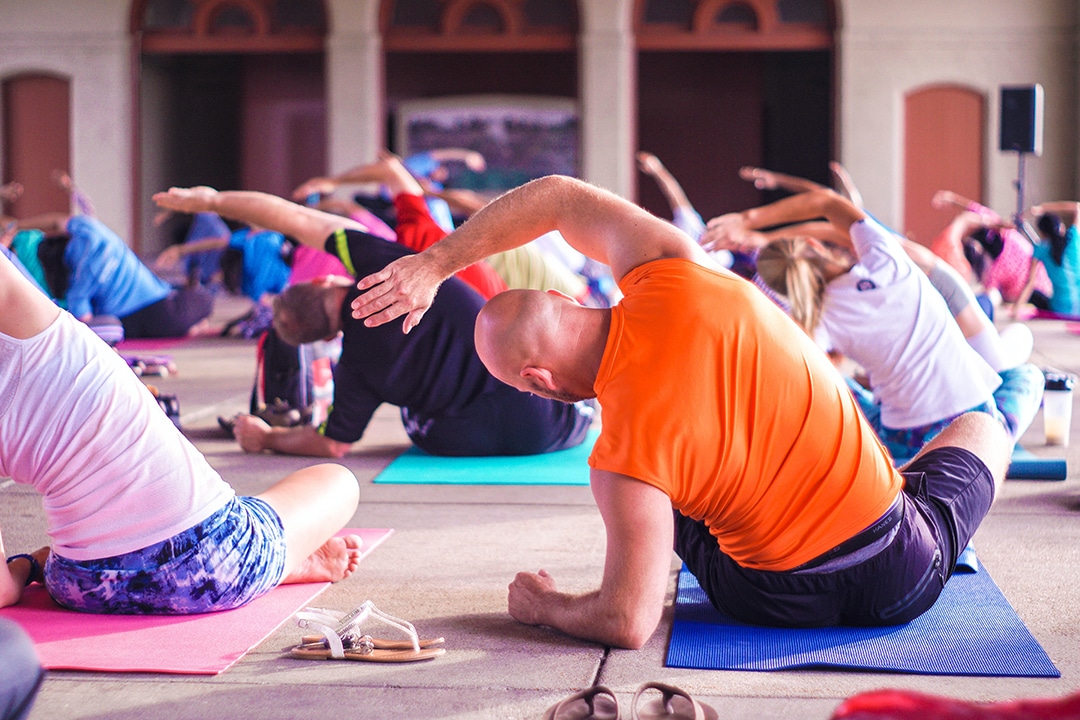With flu season around the corner – not to mention the growing risk of the latest Covid-19 variants – there has been plenty of documentation about how exercise helps with flu prevention. Physical activity has a positive impact on nearly every part of your body, but as fall approaches, and different viruses reach the larger population, being active is a powerful way to boost your immune system and help with virus and flu prevention.
Activity helps flu prevention
Regular exercise has been proven to have many benefits on a person’s overall health and well-being. Not only does it help with weight management and cardiovascular fitness, but it also bolsters the immune system. When we engage in physical activity, our body undergoes several physiological changes that contribute to a stronger defense against diseases. In other words, it’s a great tool for flu prevention.
Boosting Immune Cells
Exercise can increase the production of immune cells in our body, such as white blood cells and natural killer cells. These cells are essential in fighting off pathogens, including viruses like the flu. By exercising regularly, you can enhance the number and activity of these immune cells, making your immune system more efficient and effective.
Promoting Circulation
Another way exercise helps prevent the flu is by improving blood circulation. When we exercise, our heart rate increases and blood flow improves throughout our body. This enhanced circulation allows immune cells and antibodies to travel more efficiently, reaching different parts of the body more quickly and effectively. As a result, any potential flu viruses can be detected and eliminated at an early stage.
Strengthening the Immune Response
Regular exercise not only boosts immune cells and improves circulation but also enhances the overall immune response in our body, which is the first step to flu prevention.
Inflammatory Response
Exercise triggers a temporary inflammatory response in our body. This response helps identify and repair damaged tissues and stimulates the immune system to fight potential infections. While inflammation can sometimes be detrimental, exercise-induced inflammation is short-lived and actually helps strengthen our immune system.
Stress Reduction
Exercise is a fantastic stress reliever. High levels of stress can weaken our immune system and make us more susceptible to infections. By engaging in physical activity, we release endorphins, which are natural mood boosters. These endorphins help reduce stress levels and promote a balanced immune system, which is then better equipped for flu prevention.







